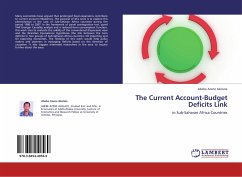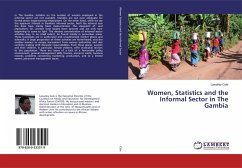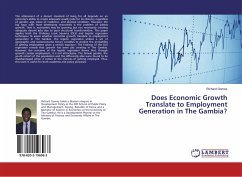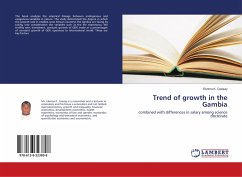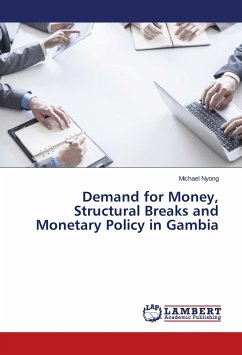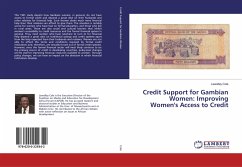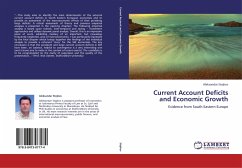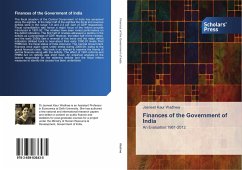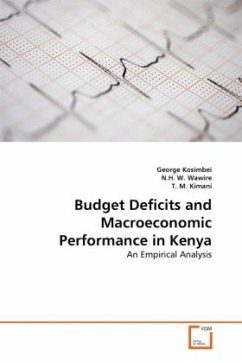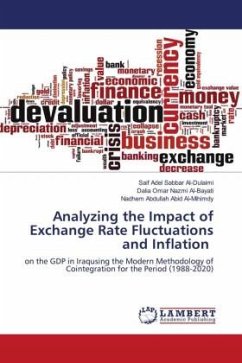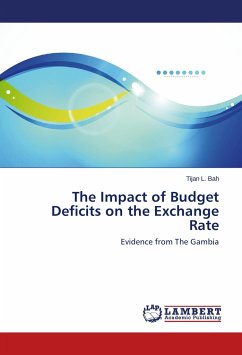
The Impact of Budget Deficits on the Exchange Rate
Evidence from The Gambia
Versandkostenfrei!
Versandfertig in 6-10 Tagen
24,99 €
inkl. MwSt.

PAYBACK Punkte
12 °P sammeln!
The aim of this paper is to determine the effect of government fiscal deficits on the exchange rate in the Gambia using quarterly dataset from first quarter of 1990 to second quarter of 2008. A five variable VAR model of exchange rate, Treasury bill rate, output (GDP), consumer price index (CPI), and budget deficits is employed. Using the Johansen Cointegration framework, it was found that there exists a long run relationship among these variables. The Granger causality test asserts that there exists a bi- directional causality between the budget deficits and the exchange rate. Using the impul...
The aim of this paper is to determine the effect of government fiscal deficits on the exchange rate in the Gambia using quarterly dataset from first quarter of 1990 to second quarter of 2008. A five variable VAR model of exchange rate, Treasury bill rate, output (GDP), consumer price index (CPI), and budget deficits is employed. Using the Johansen Cointegration framework, it was found that there exists a long run relationship among these variables. The Granger causality test asserts that there exists a bi- directional causality between the budget deficits and the exchange rate. Using the impulse response function (IRF) and the forecast error variance decomposition (FEVD), the impact of budget deficits on the Dalasi were examined. The result from the IRF shows that a shock in the budget deficits by one percent, depreciates the dalasi by five percent and twenty three percent in the first and second quarters respectively. The FEVD also illustrates that variation in the exchange rateis highly due to increase in budget deficits. The predictions of this paper calls for policy makers to be cognizant in determining their spending as this has a lasting effect on the Dalasi.



